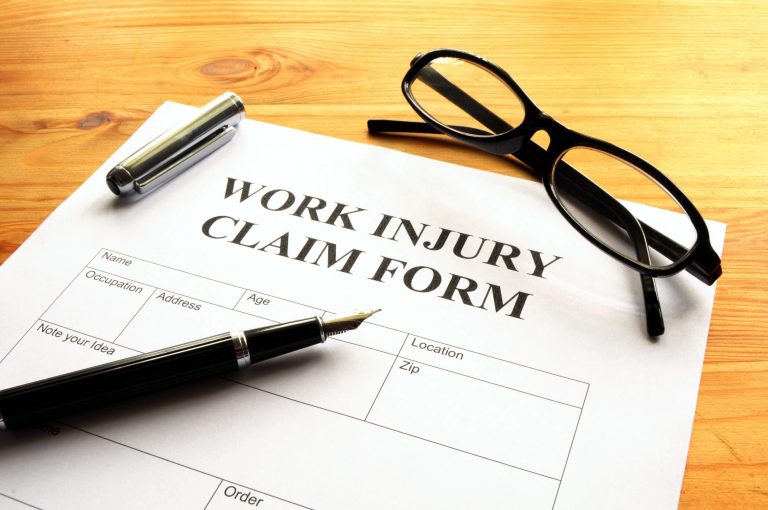
Workplace injury compensation claim Ireland
Each year, the Health and Safety Authority publish a report concerning the number and type of workplace injuries that occur in Ireland. Although they are quick to point out that the total number of fatalities (2009/10 – 35) and injuries (2090/10 – 6,707) that are reported as occurring in the workplace is declining, they are also prepared to acknowledge that this is mostly due to the shift away from the more hazardous occupations of agriculture and construction into a more service-orientated economy.
In Ireland you do not need to engage a workplace solicitor to submit a compensation claim to the Injuries Board, who do the initial assessment. Nevertheless, the vast majority of people choose to do so because without a workplace claim solicitor you are at a distinct disadvantage. Extra info about Workplace solicitor in Ireland
Being injured in the workplace may not be the direct result of an accident. There are many occupational injuries which are acquired through performing the same action repetitively (i.e. RSI), inhaling hazardous substances (e.g. mesothelioma) or being placed under too much stress (e.g. coronary disease). All of these scenarios are examples of injuries which can be acquired during the course of your employment, and you are equally entitled to claim “Injured in Workplace” compensation when your employer has failed to protect you from being injured in a workplace.
A work-related accident compensation claim can result from any of these factors, and whenever you suffer an accident at the workplace, your primary concern should be that of your health. Many companies will have first aid provisions on site or, where your accident is of a serious nature, will call an ambulance to attend you. Whatever injuries you sustain, and no matter how slight you believe them to be, your work-related accident compensation claim needs to be supported by your medical records and the relevant entry in your employer?s “Accident Report Book”. So it is always in your best interests to seek a precautionary medical examination before making a work-related accident compensation claim.
Workplace injury compensation is due to you when you have acquired an injury at work for which you were not wholly to blame. Your injury may have been a physically “violent” injury, such as one which involves machinery or when carrying a heavy load, or could be an injury which has been sustained over a period of time – such as a loss of hearing or hand arm vibration syndrome (HAVS). Irrespective of the type of injury you suffer, where it has been caused by even an element of negligence by your employer, you are entitled to claim workplace injury compensation.
Any of these scenarios would result in you requiring the services of a specialised personal injury claims solicitor, so it is better to start with one – as 90% of people do – than have to begin your claim again when one of these hiccups occurs.
If you would like to find out more about the benefits of using a personal injury claims solicitor at the beginning of your workplace accident compensation claim, please do not hesitate to call our free advice telephone service. Our service allows you to speak with one of our solicitors, seek helpful and accurate advice about a workplace accident compensation claim and have any questions you may have about your claim answered. The service is entirely confidential and you are under no pressure to proceed with a claim once you have spoken with us.
The most serious injuries lead to workplace fatalities and most frequently happen on construction sites and in the farming industry. However, there are thousands of accidents occurring every year due to negligent employers – varying from the most common trips, slips and falls to those which develop over a period of time, such as repetitive strain injuries, loss of hearing and bursitis. There are other workplace injuries which are not so tangible, yet are an employer?s responsibility to prevent. This would include illnesses due to victimisation, stress related diseases caused by bullying or an oppressive work load and accidents which are attributable to the victim being fatigued.
Recent Posts
Tags
Archives
- November 2023
- October 2023
- January 2023
- November 2022
- October 2022
- August 2022
- July 2022
- April 2022
- November 2021
- October 2021
- September 2021
- January 2021
- May 2020
- February 2020
- August 2019
- July 2019
- June 2019
- April 2019
- March 2019
- February 2019
- December 2018
- November 2018
- October 2018
- September 2018
- August 2018
- June 2018
- May 2018
- April 2018
- March 2018